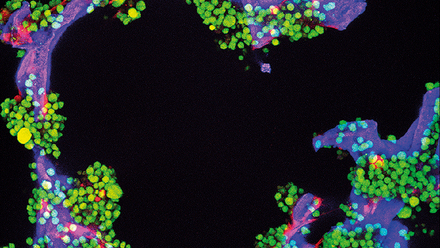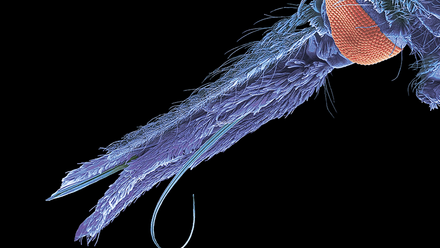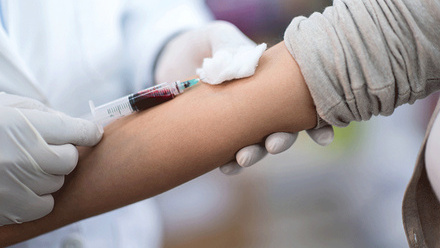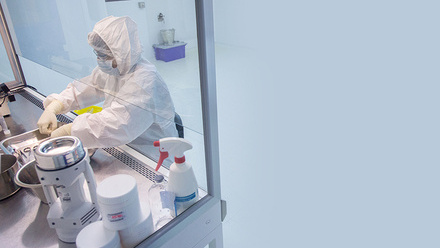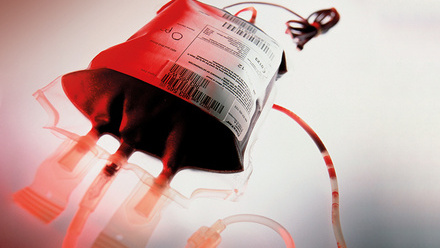My Lab: Morecambe Bay Blood Sciences

With a population of around 60,000, Barrow is the home of Furness General Hospital, one of the three hospitals that make up the University Hospitals of Morecambe Bay NHS Foundation Trust. It’s here in the blood sciences laboratory you will find me, working hard with my colleagues to provide the people of South Cumbria with an excellent and effective blood sciences pathology service.
At the trust, there’s over 100 staff working in blood sciences, including medical consultants, clinical scientists, technical services managers, quality managers, biomedical scientists, healthcare science assistants, trainees and administrative staff, all working together to make the trust a great place to be cared for and a great place to work. I’m proud to be here at Furness General Hospital, developing my skills and knowledge, surrounded by a wealth of experience and rising talent.
The trust is committed to the training and development of staff. Our department is approved by the IBMS to provide pre- and post-registration training for our biomedical science staff. Currently, we have four trainee biomedical scientists working towards completion of the registration portfolio, other newly-qualified biomedical scientists studying towards the specialist portfolio and a number of our more experienced staff undertaking the Higher Specialist Diploma. We’re passionate about training and development and work closely with a number of universities, providing placement opportunities for students to develop their professional skills and complete the registration portfolio. More recently, we have collaborated with Kendal College to introduce the apprenticeship entry route to the profession, and have since recruited two apprentices, who are now working with us in the department.
Blood sciences recently welcomed UKAS to our department and we continue to work on continuous quality improvements across the service. For a district general hospital, we have a relatively wide repertoire of haematology, transfusion and biochemistry tests and continue to be innovative in the way we meet service user requirements.
In June 2017, the department introduced new rapid serum testing tubes, which have significantly improved A&E turnaround times. This initiative has been very successful, with turnaround time targets having been met every month since the introduction of these tubes. Now we are able to perform this rapid analysis on about 20 commonly requested biochemistry tests.
The installation of new analysers means we can now offer faecal calprotectin and faecal immunochemical testing, and sexual health serology. As a department, we welcome collaboration from other departments and want to work closely with clinical colleagues from other services to ensure we provide a service that is fit for patients and for the future.
I recently curated the @NHS twitter account for a week and was absolutely humbled by the response I received from healthcare professionals and the public alike. On the back of that success, we have revived the @UHMBT_Pathology Twitter account and I invite you all to follow and join in the discussions and to keep up to date with what’s happening here in the department.

